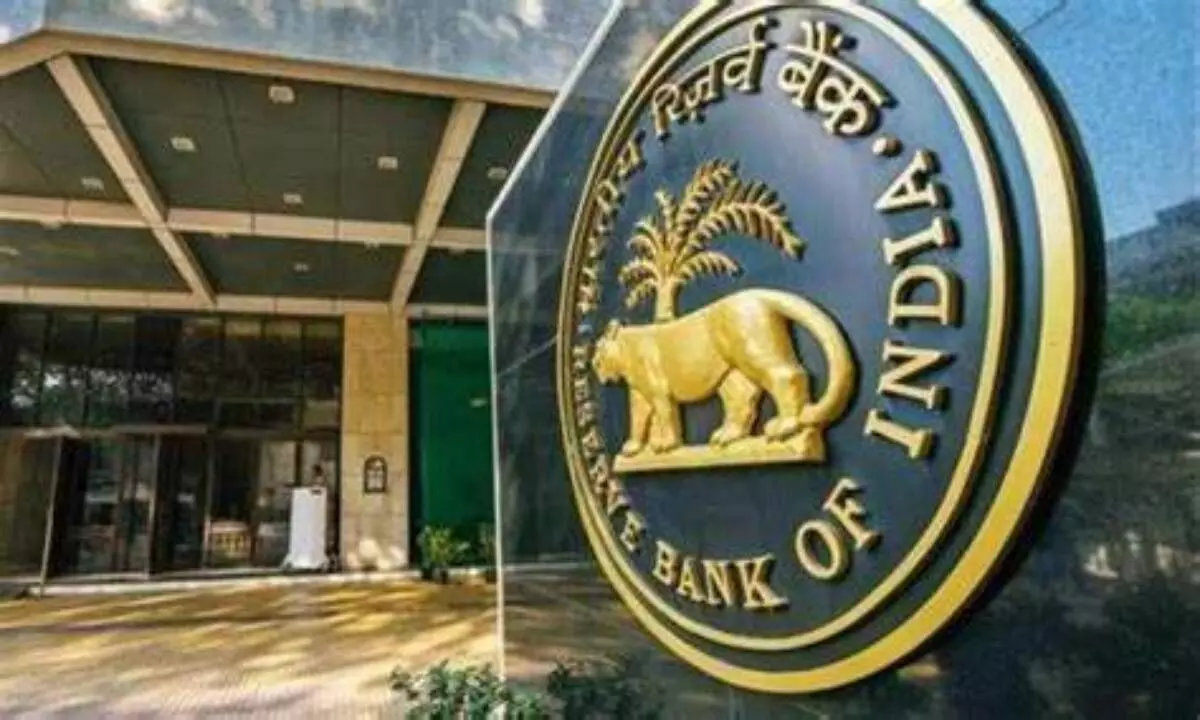RBI hikes repo rates by 50 bps to 5.40% highest since 2019; rupee strengthens
The Reserve Bank of India (RBI) in the Monetary Policy Committee’s (MPC’s) statement on Friday announced a rate hike of 50 basis points to 5.40 per cent, highest since 2019. The bi-monthly meeting of the RBI MPC started on Wednesday, and RBI Governor Shaktikanta Das on Friday announced that the MPC unanimously decided to hike the policy rate.
image for illustrative purpose

The Reserve Bank of India (RBI) in the Monetary Policy Committee's (MPC's) statement on Friday announced a rate hike of 50 basis points to 5.40 per cent, highest since 2019. The bi-monthly meeting of the RBI MPC started on Wednesday, and RBI Governor Shaktikanta Das on Friday announced that the MPC unanimously decided to hike the policy rate.
Das said, "MPC decided to focus on withdrawal of accommodation to keep inflation within target while supporting growth". RBI MPC revised the Marginal Standing Facility (MSF) and bank rates to 5.65 per cent from 5.15 per cent, announced Governor Das.
The real GDP projection for FY23 was retained at 7.2 per cent with Q1 at 16.2 per cent, Q2 at 6.2 per cent, Q3 at 4.1 per cent, Q4 at 4 per cent, with risks broadly balanced, governor Das said. Das said that the consumer price inflation remains uncomfortably high and inflation is expected to remain above 6 per cent. He projected that CPI inflation for current fiscal year at 6.7 per cent and that for FY 2023-24 at 5 per cent.
The central bank's rate hike, the third in the current financial year, came in a bid to tame the inflationary pressure and protect against further rupee depreciation. In its off-cycle monetary policy review in May, the RBI had hiked the policy repo rate by 40 basis points or 0.40 per cent to 4.40 per cent. Then in June, the RBI further raised the rate to 4.90 per cent, a 50 basis points increase.
The International Monetary Fund (IMF) has recommended that India should gradually withdraw its fiscal and monetary policy stimulus, develop export infrastructure, and negotiate free-trade agreements with key trading partners to provide a sustainable boost to exports to maintain external sector balance at a comfortable level over the medium term.

